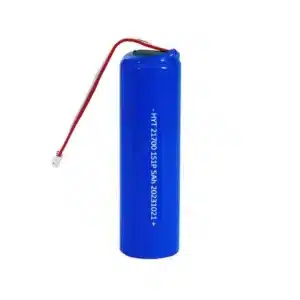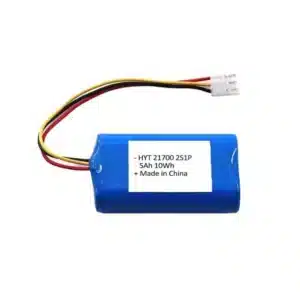Solar Light Batteries
Solar light batteries are key components for storing the electrical energy generated by solar panels, enabling solar lights to operate normally at night or when there is insufficient sunlight. There are many types of batteries that can be used for solar cells, such as alkaline batteries, lead-acid batteries, gel batteries, ternary lithium batteries, and LiFePO4 batteries.
We mainly produce 18650 lithium batteries and LiFePO4 batteries, converting solar energy into electricity through inverters during the day, and providing stable illumination at night.
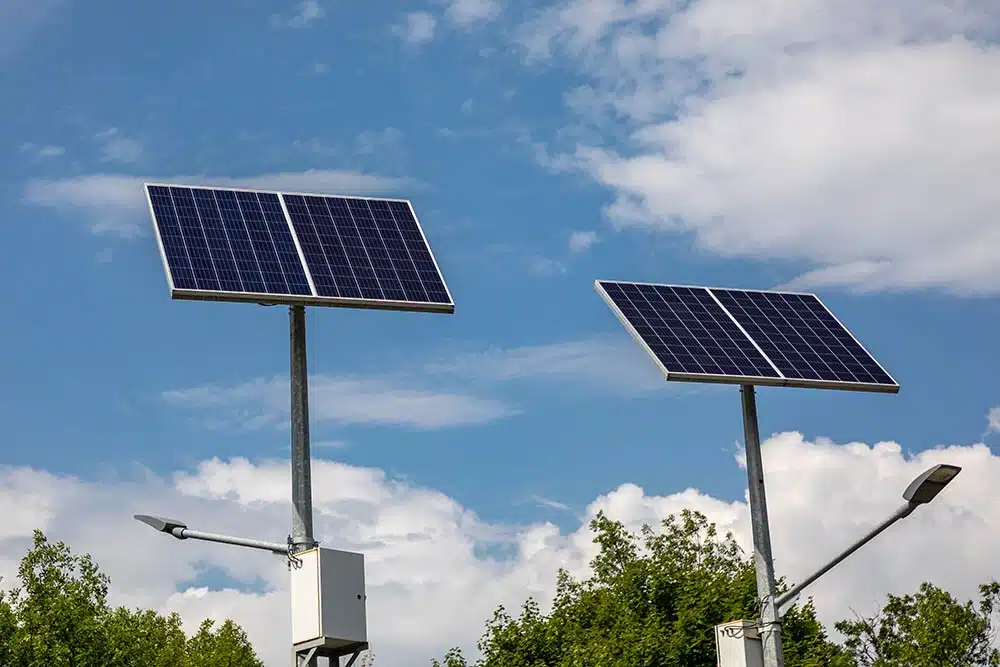
High Energy Density
More electrical energy can be stored within the limited battery compartment space.
Long Lifespan
LiFePO4 batteries can achieve over 2000 cycles.
Low Maintenance Cost
Compared to lead-acid batteries, lithium-ion batteries have almost no maintenance cost.
Fast Charging Capability
In sufficient sunlight, solar panels have a higher conversion efficiency.
solar battery for lights product
Below are products of our 18650 battery packs in 3.7V, 7.4V, and 11.1V. We also have 3.2V LiFePO4 batteries. Due to intense competition, solar installation companies are gradually considering the 14500 battery as a primary option to reduce costs.
As a professional lithium battery manufacturer, we have the capability to produce a wide variety of solar batteries.
- Rechargeable Batteries for Solar lights
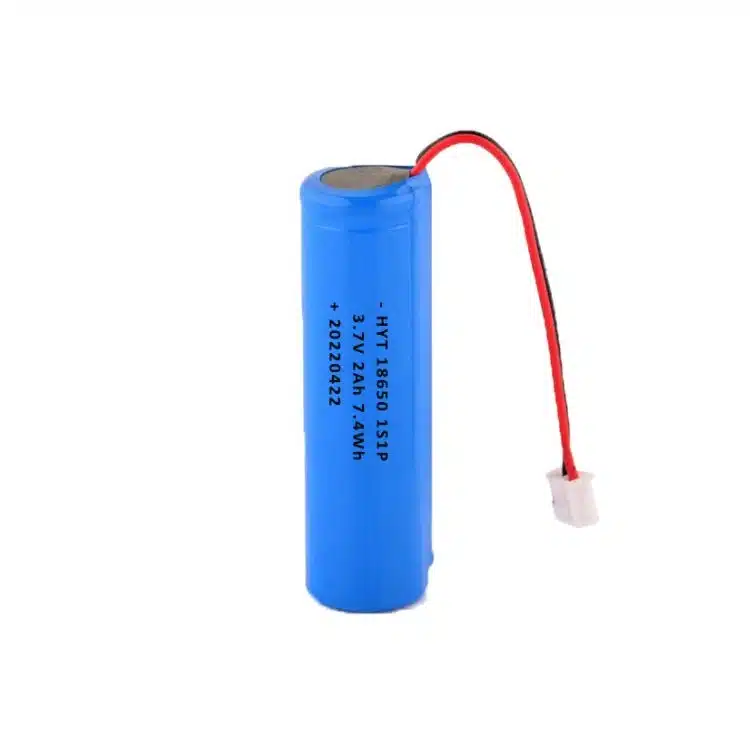
18650 1S1P 3.7V 2Ah Battery
Nominal voltage: 3.7V
Nominal capacity: 2000mAh
Rated energy: 7.4Wh
Charge current: 3.0C rate
Discharge current: 1.0C rate
Diameter: ≤19mm
Length: ≤68.0mm

18650 1S1P 3.7V 1800mAh Battery
Nominal voltage: 3.7V
Nominal capacity: 1800mAh
Rated energy: 6.66Wh
Charge current: 1.0C rate
Discharge current: 1.0C rate
Diameter: ≤19.0mm
Length: ≤68.0mm
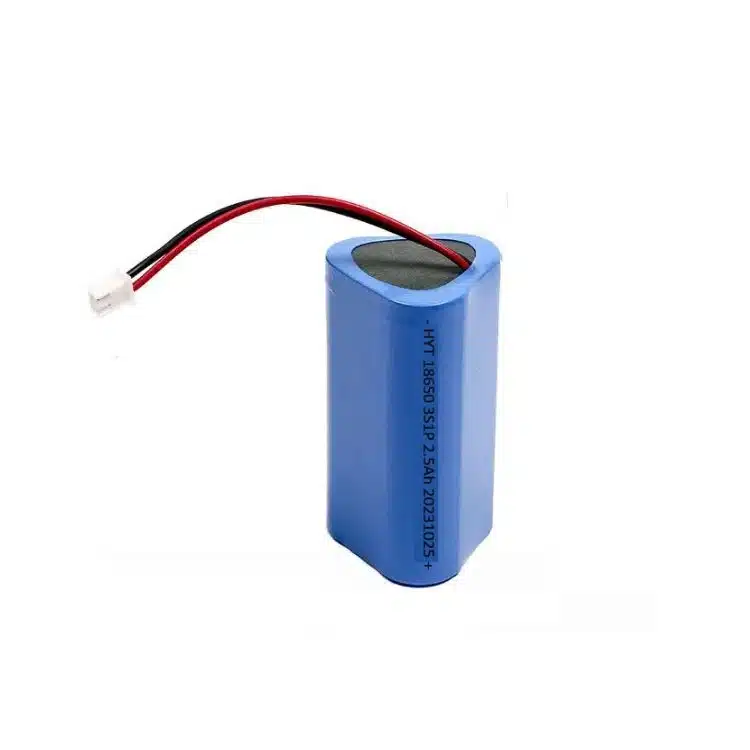
18650 3S1P 11.1V 2500mAh Battery
Nominal voltage: 11.1V
Nominal capacity: 2500mAh
Rated energy: 27.75Wh
Charge current: 1.0C rate
Discharge current: 3.0C rate
Thickness: ≤34.0mm
Width: ≤38.0mm
Length: ≤68.0mm

18650 2S3P 7.4V 6000mAh Battery
Nominal voltage: 7.4V
Nominal capacity: 6000mAh
Rated energy: 44.4Wh
Charge current: 1.0C rate
Discharge current: 2.0C rate
Thickness: ≤38mm
Diameter: ≤56mm
Length: ≤68.0mm
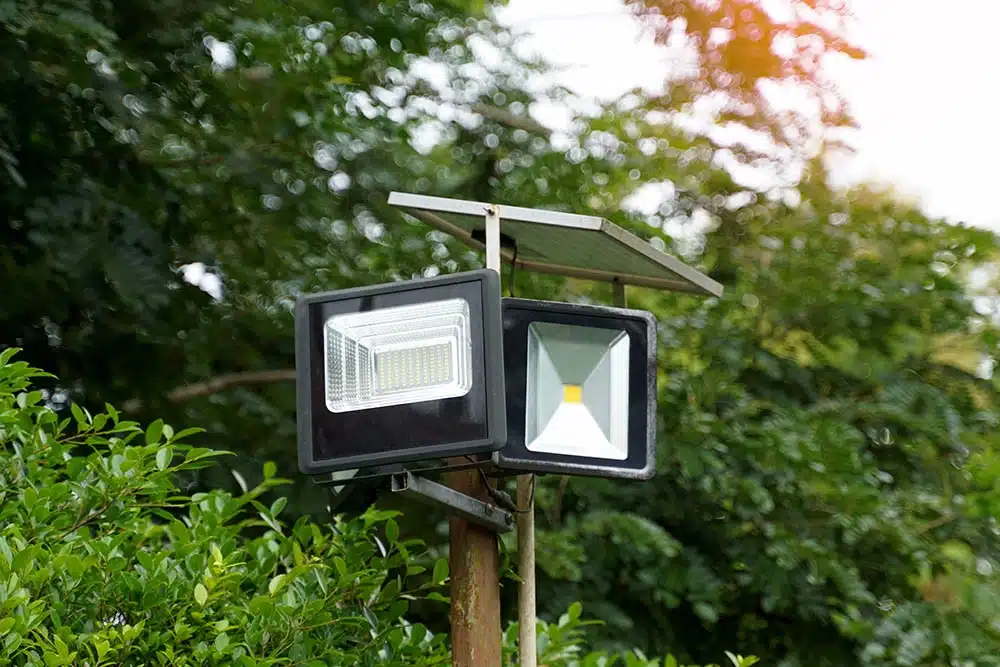
How to select right battery in solar lights
Choosing the right solar battery requires considering multiple factors, including energy needs, budget, environmental conditions, and maintenance requirements. Here are some key steps and considerations to help you make an informed decision:
Evaluate Energy Needs: If solar lights are to be installed uniformly along a street or within a park, you need to assess the entire area and the required lighting power. This helps in budgeting the number of solar street lights needed.
Consider Battery Capacity: Battery capacity and voltage determine how much electrical energy can be stored, usually measured in kWh. This is the theoretical maximum amount of energy that can be stored.
Assess Battery Lifespan: Lithium-ion batteries and LiFePO4 batteries have long lifespans and are often the preferred choice for many street light installation companies.
Consider Efficiency: The conversion efficiency of solar energy into electrical energy should also be taken into account. Generally, solar conversion efficiency ranges from 25% to 30%.
Environmental Temperature: For extremely high outdoor temperatures, LiFePO4 batteries are the most suitable for extreme weather conditions.
| Battery Type | Features |
|---|---|
| Lead-acid Battery | Inexpensive and suitable for users with limited budgets, but it is bulky, has a short lifespan, and high maintenance costs. |
| Lithium-ion Battery | High energy density, long lifespan, and maintenance-free, suitable for residential and commercial use, but relatively expensive. |
| LiFePO4 Battery | High safety, long lifespan, and environmentally friendly, suitable for applications requiring high safety and long lifespan. |
| NiMH Battery | High energy density and environmentally friendly, suitable for small solar lights. |
FAQs for batteries for outdoor solar lights
Yes, solar lights have batteries. The battery is a key component of solar lights. During the day, solar panels absorb solar energy, convert it into electricity through an inverter, and store it in the battery. At night, the battery provides electricity for lighting.
Without a battery, solar energy can only work during the day and cannot store electrical energy.
Replacing the battery in a solar light is not difficult but needs to be done carefully to ensure safety and proper installation. Here is a detailed step-by-step guide:
Step 1: Preparation Turn off the power: Ensure that the solar light is turned off before replacing the battery to prevent short circuits.
Step 2: Open the battery compartment Locate the battery compartment: Generally, the solar panel and battery are located at the top of the fixture. Remove the battery compartment cover: Depending on the design of the fixture, you may need a screwdriver to remove the cover.
Step 3: Inspect the old battery Identify the battery type: Remove the old battery and check its type and specifications (such as voltage and capacity). Common solar light battery types include NiCd (nickel-cadmium) and NiMH (nickel-metal hydride) batteries, usually with a voltage of 1.2V. (Lithium batteries generally do not need replacement.)
Step 4: Replace the battery Remove the old battery: Carefully take out the old battery to avoid damaging the compartment and connectors. Install the new battery: Insert the new battery into the compartment, ensuring the correct polarity. Make sure the new battery matches the specifications of the old one.
Step 5: Test the new battery Close the battery compartment cover: After installing the new battery, replace and secure the cover. Test the solar light: Turn on the solar light and check if it is working properly. If the new battery is pre-charged, the light should turn on immediately. If the light does not turn on, place the solar light in sunlight for 4-5 hours and test again.
It is not recommended to use regular disposable batteries in solar lights. Here are the detailed reasons and potential issues:
No Charging Capability: Solar batteries need to convert solar energy into electricity to provide lighting. Obviously, disposable batteries cannot achieve this purpose.
Battery Lifespan: Disposable batteries have a short lifespan and cannot meet the long-term usage requirements of solar lights.
Environmental Impact: Disposable batteries are not environmentally friendly and do not align with eco-friendly principles.
Economic Cost: Although disposable batteries are cheap, their short lifespan requires frequent replacements, resulting in high maintenance costs.
